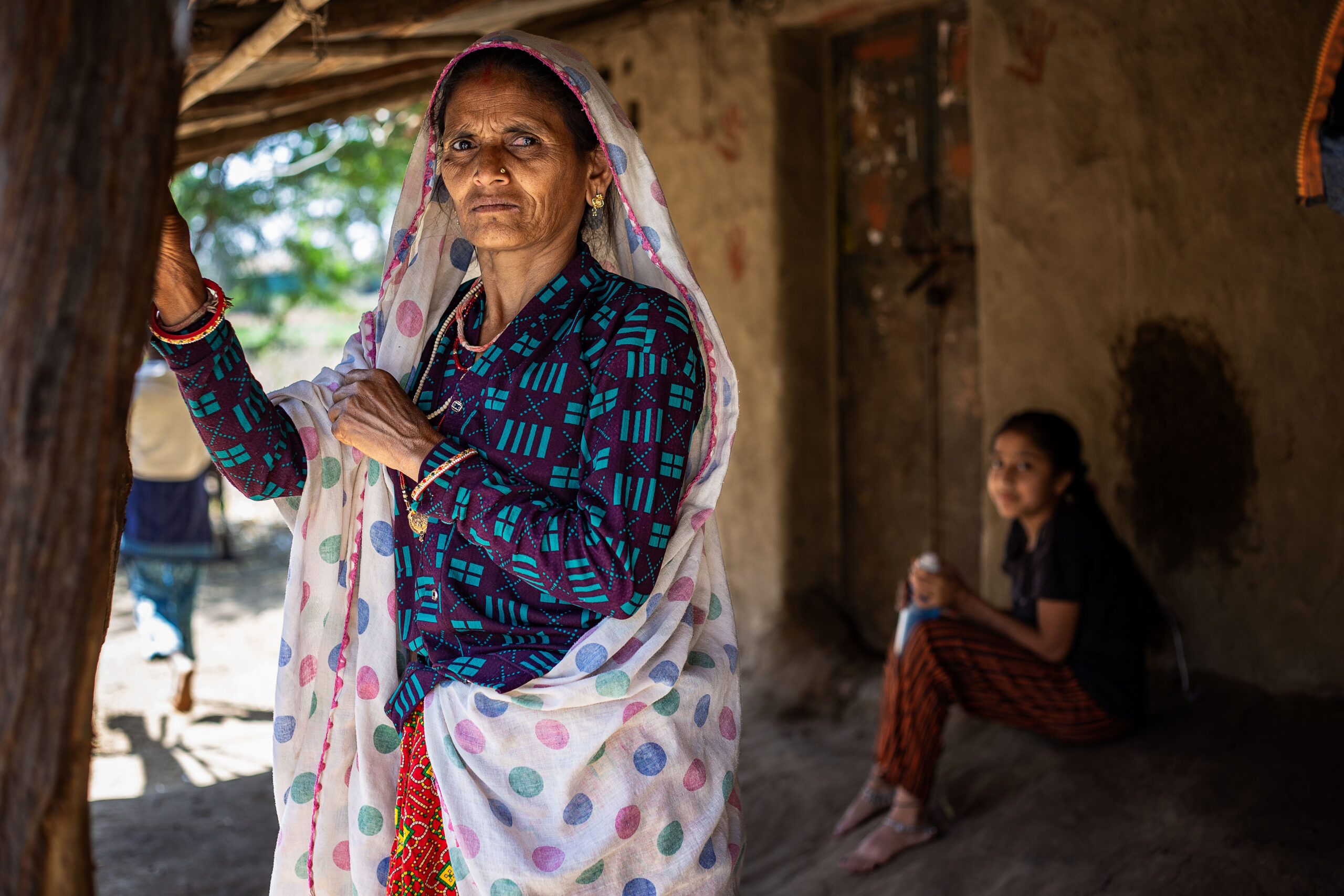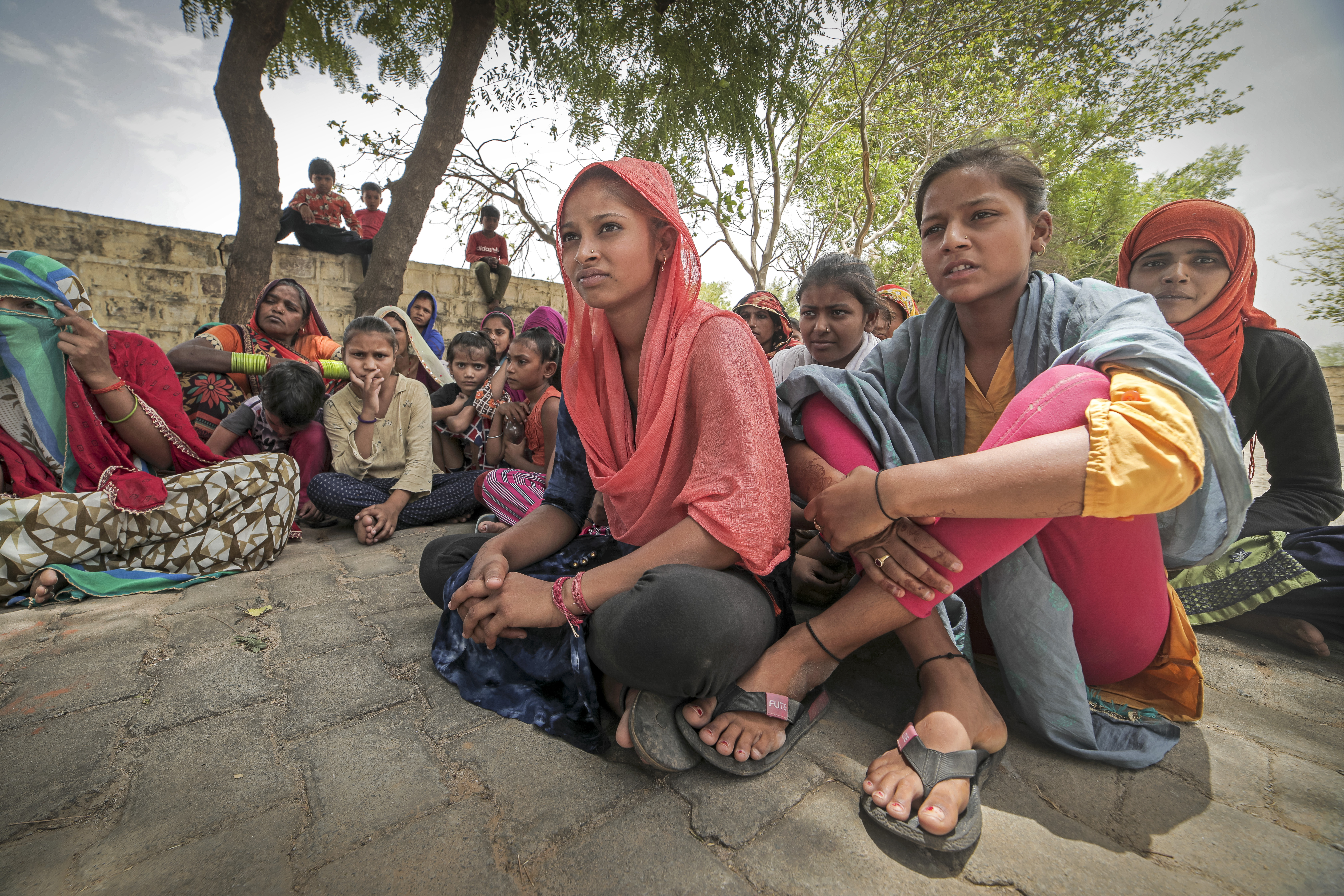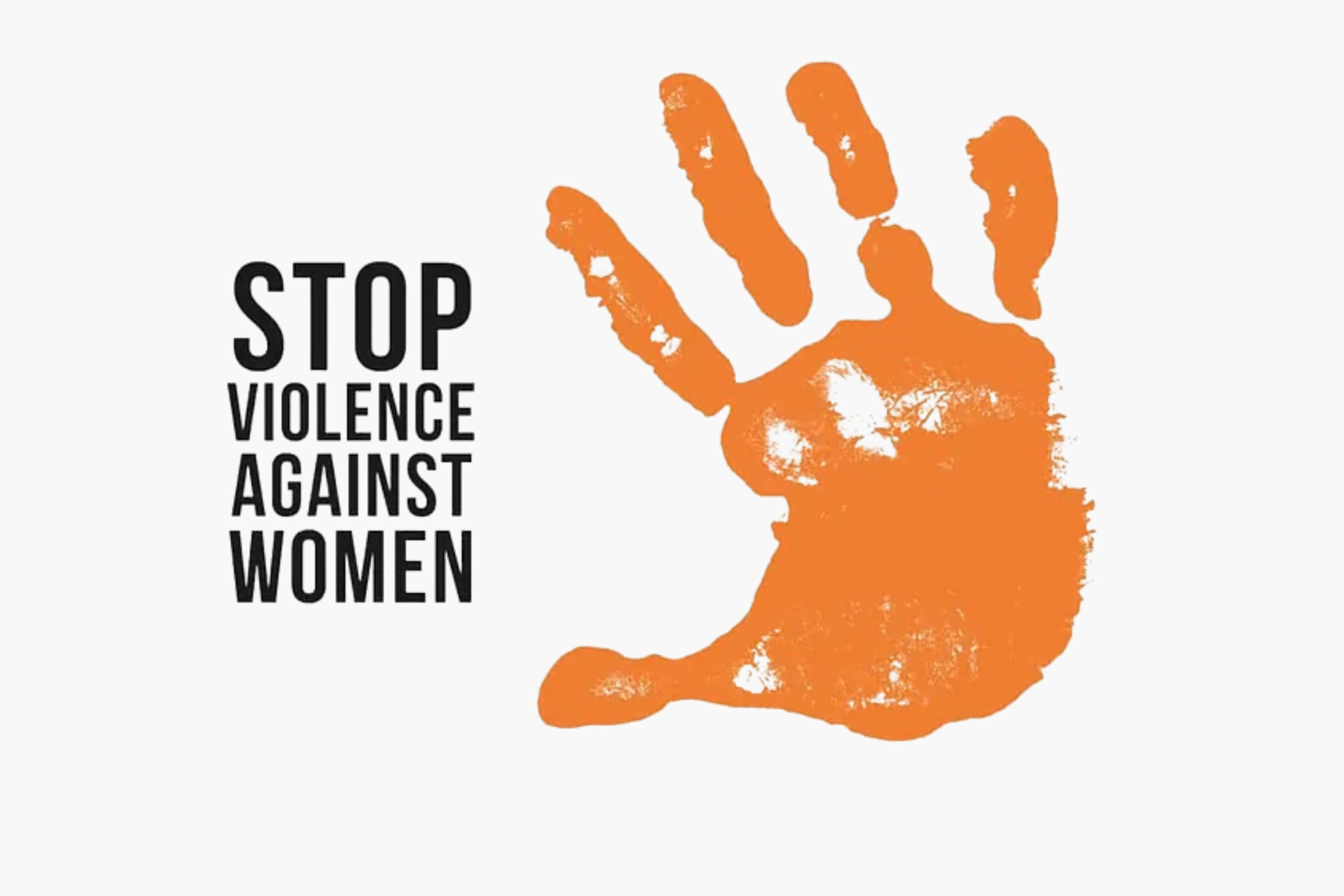
Sickle Cell Anemia- Breaking barriers through awareness and knowledge
Sickle Cell Anemia(SCA) is a genetic blood disorder that has long been a silent health crisis, particularly among India’s tribal populations, but it is gaining national attention. As we observe Sickle Cell Anemia Awareness Day on June 19th, it’s time to shine a light on this condition and the efforts underway to combat it.
In India, over one million people are affected by sickle cell disease annually, with a significant prevalence in tribal communities across states like Madhya Pradesh, Chhattisgarh, Maharashtra, and Odisha. The disease is characterized by the production of abnormally shaped red blood cells, leading to chronic pain, infections, and other serious complications.
Recognizing the urgency of the situation, Government of India, has launched the National Sickle Cell Anaemia Elimination Mission, aiming to eliminate the disease as a public health problem by 2047. This mission targets to screen approximately 7.0 crore people under 40 years of age in the next 3 years, distributing genetic status cards, and prioritizing the health of tribal communities. The special focus is on Madhya Pradesh. As a response to this call for action, IPE Global Centre for Knowledge and Development (CKD) implemented a campaign to sensitise and educate school going students in Jhabua, Madhya Pradesh, on SCA. SCA is commonly found in Jhabua, and the Department of Tribal Affairs, along with the health department, have been addressing this concern, working to initiate testing and treatment of SCA. Our project Sashakt, was a successful model, on how with multi stakeholder engagement and launching an effective SBCC campaign, awareness can be build. This indeed was an important milestone in lives of many families, who by mere testing and treatment, will prevent the penetration of SCA into the future generations.
During the course of the interventions, it was found that Adolescents with SCA face a range of challenges that affect their physical health, psychological well-being, social interactions, and educational opportunities. These health issues can result in reduced exercise capacity, growth delays, and increased susceptibility to infections, which can further impair their quality of life. There are multiple facets of issues faced by an adolescent with SCA which are not limited to health only.
Psychologically, the chronic nature of the disease and its complications can lead to feelings of anxiety, depression, and social isolation. Adolescents may struggle with the burden of managing a lifelong condition, which can eventually affect their self-esteem and mental health.
Socially, the recurrent health problems associated with SCA can lead to absenteeism from school and social events, limiting adolescents’ opportunities to form friendships and participate in normal activities. This can result in a sense of alienation and hinder their social development.
From education perspective, the impact of SCA on cognitive functions such as attentiveness and memory can affect academic performance. Frequent absences from school due to illness or medical appointments can lead to gaps in learning and lower educational attainment, which can have long-term consequences on their career prospects.
The impact of sickle cell disease extends beyond the individual; it affects families and communities, hindering growth and development. Therefore, addressing sickle cell anemia is not just a health imperative but also from the socio-economic perspective.
Sickle Cell Anemia Awareness Day, observed every year on June 19th, serves as an important platform to educate the public about the disease, its challenges, and treatment options. It’s a day to advocate for those living with sickle cell anemia and to call for increased support and resources. As we commemorate Sickle Cell Anemia Awareness Day, let’s remember that it’s more than just a day of awareness—it’s a call to action. It’s a reminder that through collective efforts, we can make a significant difference in the lives of those affected by this disease.
Thematic Areas
- All Resources
- Climate Change
- Education & 21st Century Skills
- Health
- Livelihood & Employability
- Nutrition
Recent Blogs
Jan 07, 2025, IPE CKD
May 29, 2023, Shreya Chowdhury
December 10 2022, Chhavi Goyal




